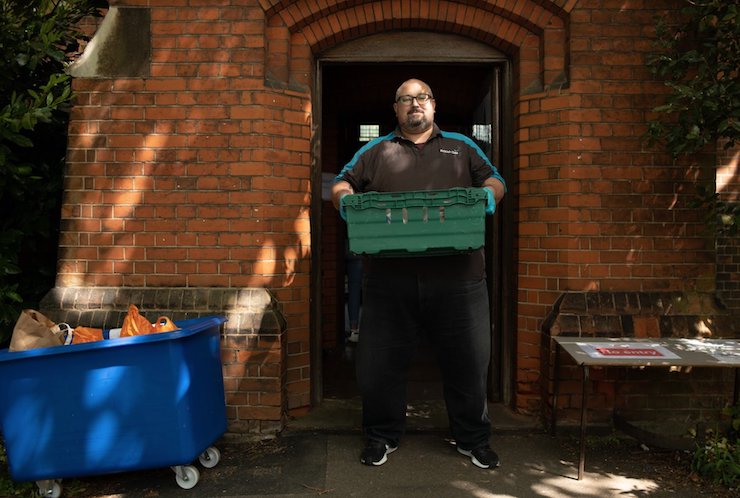Lambeth foodbanks are urging the Government to do more to combat poverty following a staggering rise in demand due to lockdown.
Figures released last week from the foodbanks show a 127% increase in the number of people fed over the past year, amounting to the delivery of 39,425 emergency food parcels between April 2020 and March 2021.
The foodbanks believe this is due to the financial impact of the pandemic and the failure of support payments to cover the cost of essentials.
Melissa, a foodbank client, found herself unable to support her family during the crisis after losing her job.
“I have found this lockdown period very, very distressing,” she said.
“Without the support of the foodbank I wouldn’t have been able to eat.
“They’ve made me feel less alone because somebody is there to listen.”
Melissa’s family was not the only one kept afloat by the foodbank this past year; over 15,000 of the parcels delivered went to children.
The charities helped their users through practical support but also kind gestures, such as giving Melissa’s children chocolates at Easter.
“We are so grateful for the simple things like that, it made his Easter,” she added.
Foodbank staff are appreciative of the vast amount of support and donations they have received.
However, they believe it is equally important to combat the root cause as well as the problem itself.
Lambeth foodbanks and the wider Trussell Trust network are now pushing the government to make changes in order to find a longer-term solution to poverty.

“No one should face the indignity of needing emergency food,” said Emma Revie, 45, Trussell Trust chief executive.
“This is not right but we know we can build a better future.
“When we push for change, united by our desire for justice and compassion, the government has to listen and act.”
“It simply isn’t right that more and more people in Lambeth are struggling to put food on the table and have been forced to our doors,” said Rebekah Gibson, Waterloo Foodbank manager.
The Norwood and Brixton, Waterloo, Clapham Park and Vauxhall foodbanks began working as a partnership in April 2020, when they started a delivery service to enable them to work during the lockdown.




